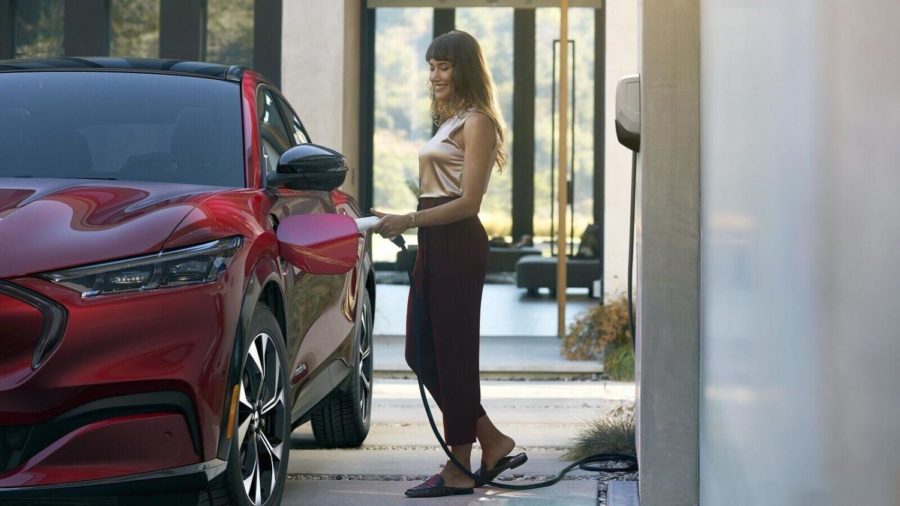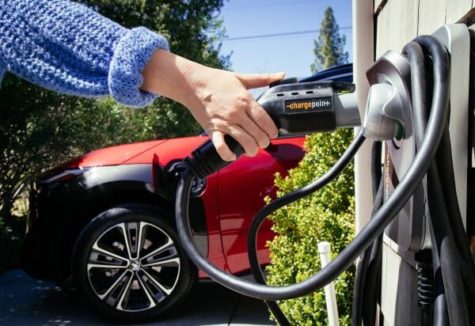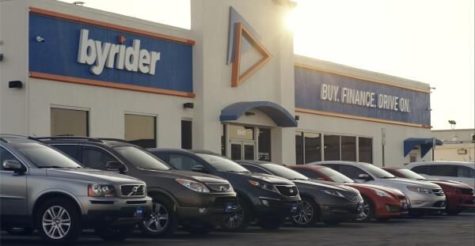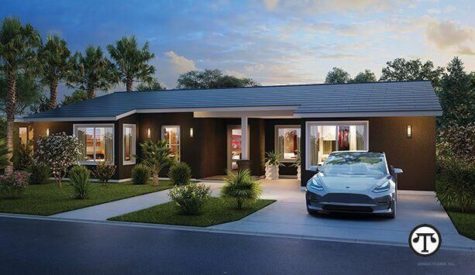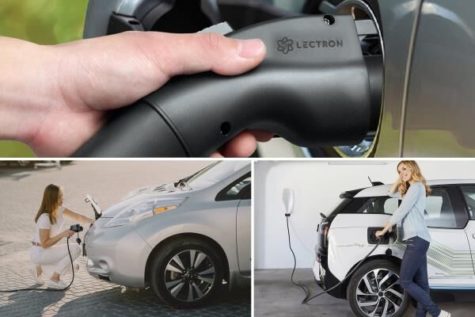Ford Launches Sustainable Home Charging Initiative in CA
Ford is participating in a California initiative to reduce greenhouse gas emissions by matching the use of electricity used to charge plug-in electric vehicles at home with 100-percent local renewable energy. (Ford)
December 17, 2021
Ford electric vehicle (EV) owners in California will be able to charge their plug-in vehicles on zero-carbon electricity thanks to a new deal between the automaker and the California Air Resources Board (CARB). While anyone can charge their car with carbon-free electricity by installing solar panels or some other type of renewable-energy generation at home, Ford and CARB are making it easier for anyone to drive on greener energy, thanks to the Board’s Low Carbon Fuel Standard initiative.
The zero-carbon EV charging will be available for anyone who lives in California and owns a plug-in Ford vehicle, including the Mustang Mach-E, E-Transit, and the Escape Plug-in Hybrid. Next year, free home charging will also be available with the F-150 Lightning.
To get the zero-carbon electricity flowing into their EVs, at least in theory, Ford owners must opt in to the program using the FordPass app or on Ford’s consumer website. The actual electricity flowing through the wires doesn’t change. Still, Ford will purchase zero-carbon electricity from local utilities by buying enough California-sourced Renewable Energy Certificates to match the amount of electricity used to charge the vehicles. In the big picture, that means that as much electricity as is used to drive down the road will be generated from zero-carbon electricity. Ford will confirm its purchases with CARB, and there is no additional cost for Ford EV owners.
“Ford’s electric vehicle customers are beginning to realize all the possibilities associated with their vehicles and sustainable energy management,” Matt Stover, director of charging and energy services for Ford Motor Company, said in a statement. “By working with regulators, utilities, and customers for home integration services, we’re enabling EV drivers to lower their carbon footprints, potentially save money, and help protect the grid, all through their smartphones.”
For security, Ford will limit the information it shares with CARB to the vehicle’s energy consumption, its VIN, and the charging location. Ford says the owner’s name and address are not shared, but CARB will know the charger’s location. Public charging is not a part of this offer.
CARB’s Low Carbon Fuel Standard initiative purchases are part of the automaker’s push to become a carbon-neutral company by 2050. Ford says its efforts at reducing emissions will have three pillars: lower emissions from the vehicles themselves; Ford’s factories and the various suppliers that work with the automaker; as well as the transportation systems that move components and the finished vehicles. Ford has said it will spend over $30 billion developing and building its electric vehicles and batteries through 2025. Ford has said that it expects between 40 and 50 percent of the cars it sells by 2030 will be fully electric models.












































































































































